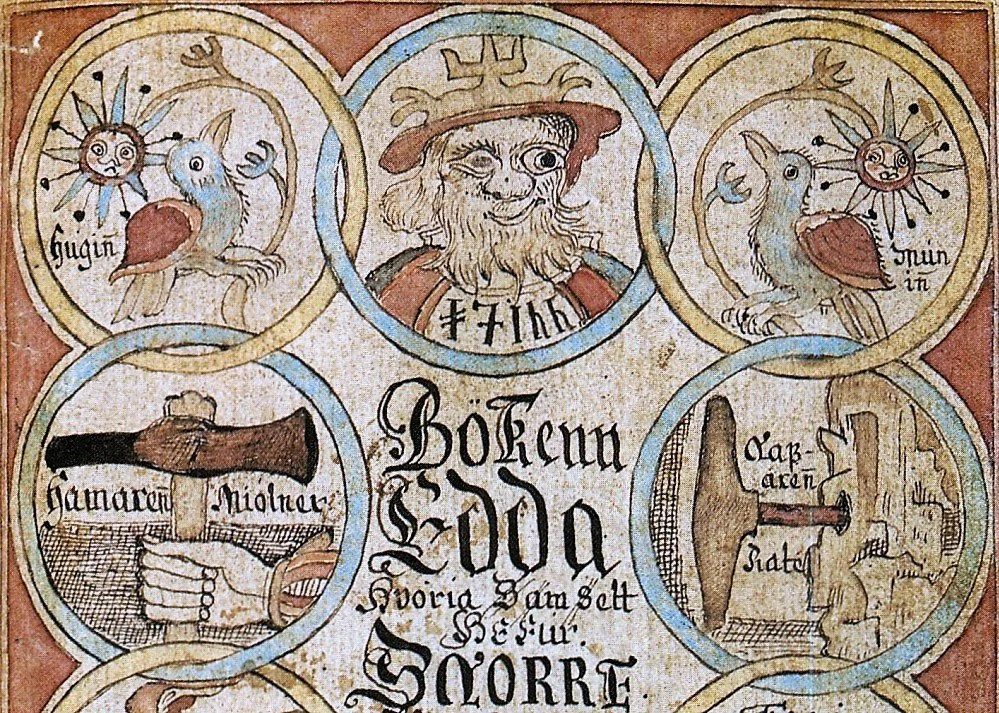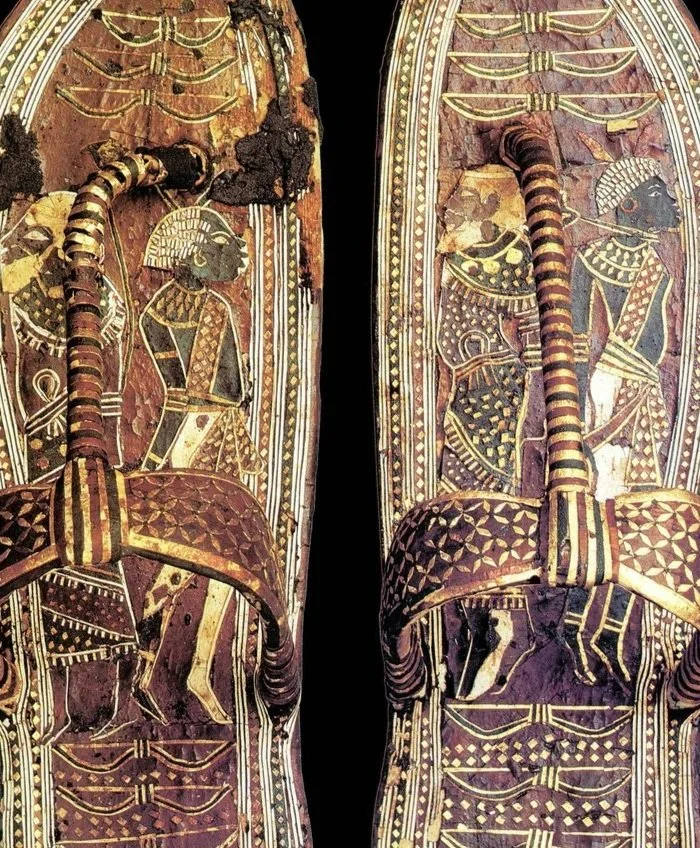Teaching
I've taught philosophy, literature, classics, and linguistics, at the University of Melbourne, Princeton University, Yale-NUS College, Ormond College, and several state prisons in New Jersey. Here’s a selection of past and current teaching:
-

Akkadian
UniMelb (2026, Sems 1 and 2) | LEARN AKKADIAN
In 2026, Akkadian returns to the University of Melbourne after a hiatus of nearly a decade. Learn the great classical language of ancient Mesopotamia: translate the law-code of Hammurabi, the Epic of Gilgameš, the letters of Ashurbanipal! This 2-semester sequence goes from 𒀀 to 𒍣: after a single year, you will be reading Old Babylonian and Neo-Assyrian cuneiform right off the tablets. Don't miss out!
If you are a UniMelb student and want to learn Akkadian, I want to hear from you: thomas.davies1@unimelb.edu.au. If you're not at UniMelb but would like to study through the Community Access Program, here is a guide to enrolling: we would love to have you!
-

Greek Philosophy
UniMelb (Sem 2, each year) | Syllabus
An intermediate-level introduction to Greek Philosophy, emphasizing formal analysis of arguments. After a warm-up unit on early Greek natural philosophy and its forerunners in Mesopotamia, Egypt, and Iran, students spend most of the semester on Plato and Aristotle. They read the Republic in its entirety, and the better part of the Physics and Nicomachean Ethics, with special attention to the idea that reason plays the key role in human happiness.
-

Intermediate Ancient Greek: Plato
UniMelb (Sem 1, each year)
This is the third course in UniMelb's Greek sequence, and students' first encounter with original Greek texts. My syllabus is built around Plato's Apology, but places strong emphasis on sight-reading, composition, and understanding the stylistic range of Attic prose. Students read excerpts from Gorgias, Demosthenes, Lysias, and Isocrates, and recompose passages from the Apology in the style of these authors.
-

Introduction to Old Norse
Informal workshop, taught at Princeton, Ormond and UniMelb
Old Norse is the language of Medieval Scandinavia, sung by skalds and written by the chroniclers of the Viking Age from the eighth to the fifteenth century. I teach Norse through texts, diving right into the saga of Hrafnkell, priest of Freyr: participants learn the grammar as they go. Please feel free to use my teaching documents in a Norse course of your own.
-

Evaṃ Me Sutaṃ: Life & Thought of the Buddha
Ormond College (2023) | Syllabus
This week-long intensive course introduces students to Buddhist philosophy in its earliest phase of development, between the 5th and 1st centuries BCE. Students interrogate the Buddha's claims about dukkha, craving, no-self, cause, the methods by which we can eliminate desire, and the purpose of philosophical inquiry, through a study of about 20 Suttas of the Pāli canon.
-

Race and the Inhumanities
Co-taught with D. Padilla Peralta, Princeton (2019) | Syllabus
This upper-level seminar examined the relations between the humanistic disciplines and race. We looked at race-like typologies of human difference in ancient societies (focus: Greece & Rome, Egypt, and India), with an eye to how "race" can be a useful concept for premodern studies. We also considered how racializing ideologies shape the study of the ancient past.
-

Comparative and Historical Linguistics
Workshop taught at Yale-NUS (2021), Ormond (2022), and UniMelb (2024)
A hands-on workshop teaching the basics of comparative and historical linguistics with a focus on Indo-European and Austronesian. Topics: distribution and subgrouping, phonological and morphological development, reconstructing proto-forms, sociology of language change, history of the discipline, etc.
-

Karl Marx and the Age of Revolutions
Yale-NUS (2020) | Syllabus
Marx's life and thought, from his (dreadful) undergraduate poetry to Engels' graveside speech. This syllabus focuses on the historical development of Marx's ideas, presenting him less as a systematic thinker than as an omnivorous polemicist engaged successively with German Hegelians, French socialists, and British political economists, eventually building to a summative, in-depth study of his unfinished masterpiece, Capital. I also taught a five-day intensive version at Ormond College in 2022.
-

Philosophy and Political Thought
Yale-NUS (2020-2021) | Syllabus
A glorious, year-long introduction to philosophy, mandatory for all undergraduates at the much-lamented Yale-NUS College. The course covered European, Chinese, and Indian philosophy from antiquity (Zhuangzi, Aristotle, Milindapañha...) to the 20th century (Chen Duxiu, Gandhi, Arendt...). PPT was team-taught: each instructor ran small seminars on all texts, and gave plenary lectures on two or three (I lectured on Plato, Annaṃbhaṭṭa, and Flora Tristán).